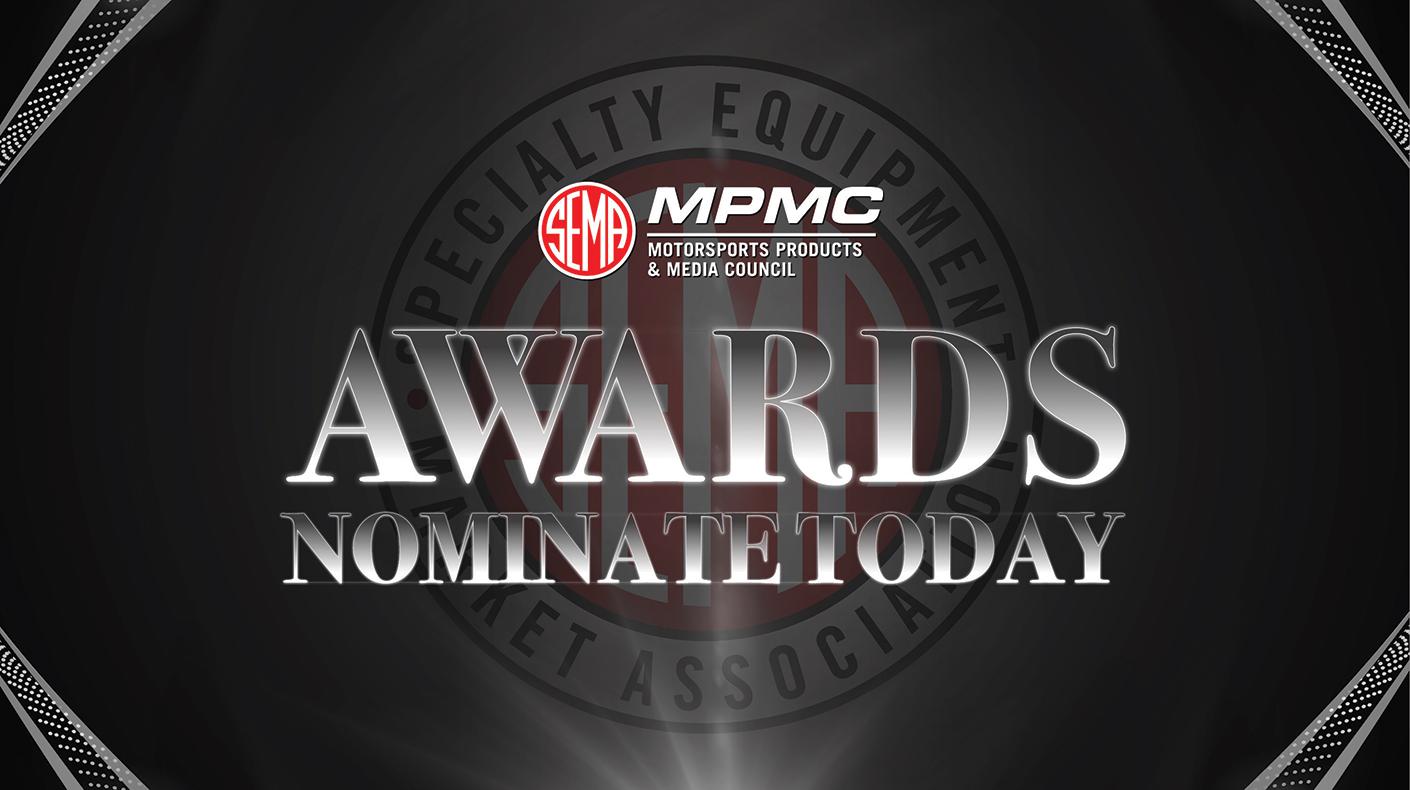The U.S. Environmental Protection Agency (EPA) has proposed a streamlined process for manufacturers for approving fuel conversion systems. The conversion systems allow light- and heavy-duty vehicles to run on alternative fuels (natural gas, propane, alcohol, electricity, etc.) while complying with Clean Air Act emissions standards. The EPA would establish a three-tiered compliance process based on the age of the vehicle.
Under the current one-size-fits-all approach, a certificate of conformity demonstrating emissions compliance must cover the vehicle and engine conversion system. The proposed rule would require a certificate only for newer vehicles (less than two years old). Conversion system manufacturers would need to perform certification tests to demonstrate the vehicle complies with exhaust and evaporative emissions standards as well as with on-board diagnostic requirements, but manufacturers could then apply a single set of test data to more vehicle and engine conversions than is currently allowed.
To certify alternative-fuel conversions for intermediate-age engines (more than two years old but still within their useful life), manufacturers would need to perform exhaust and evaporative emissions tests to demonstrate compliance with EPA standards and then forward that test data to the EPA with a statement that the OBD system will continue to operate properly after the conversion.
For vehicles that have outlived their useful life, the EPA intends to pick one of the following three options: 1) require conversion manufacturers to submit a detailed description of the conversion technology to demonstrate that it is well-engineered and should work, 2) conduct the same emissions testing as for the intermediate age vehicles or 3) submit the option one description along with an OBD diagnostic scan report.
For more information, contact Stuart Gosswein at stuartg@sema.org.





